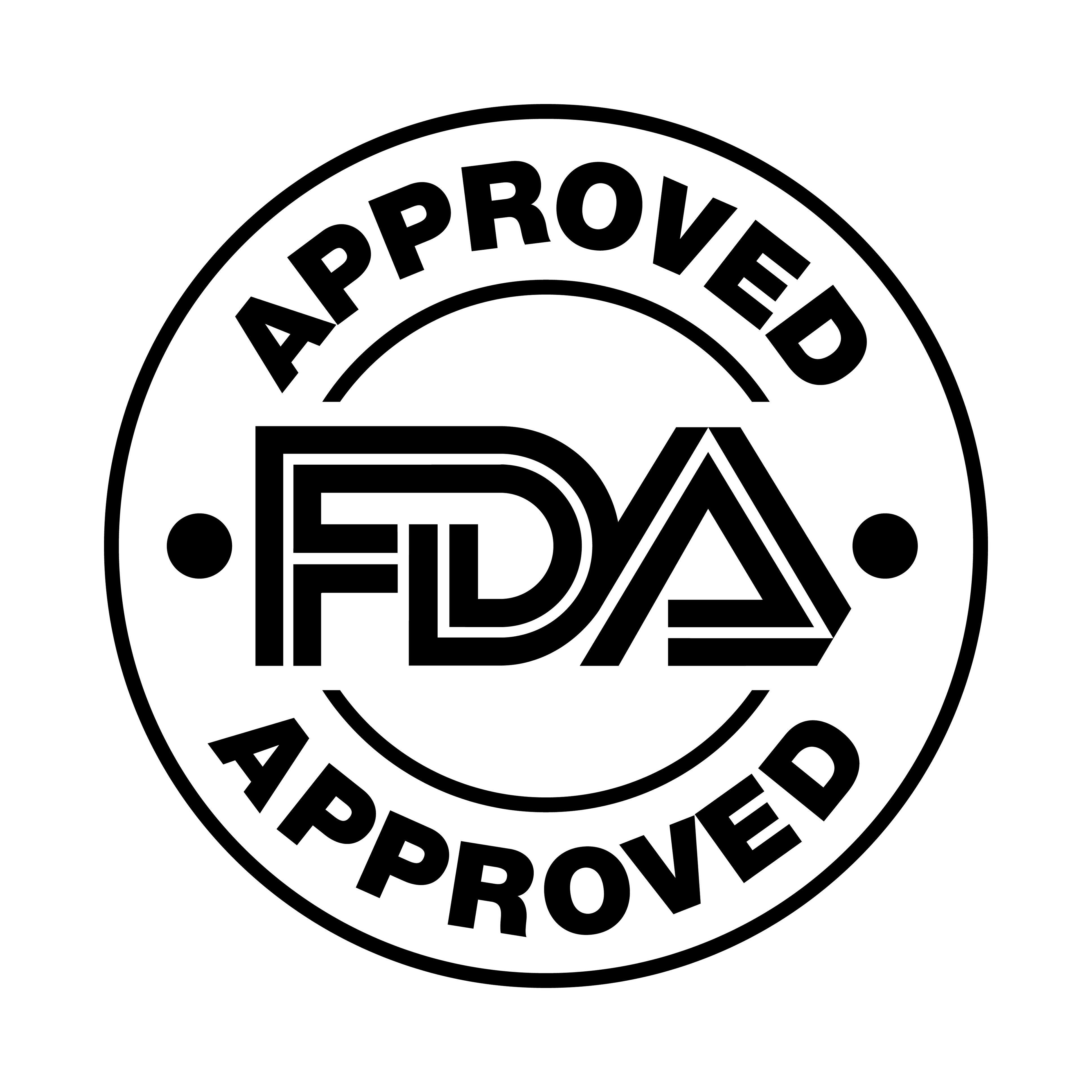FDA approves givinostat for Duchenne muscular dystrophy in patients 6 years and up
The decision makes givinostat the first nonsteroidal drug approved to treat patients with all genetic variants of DMD.
FDA approves givinostat for Duchenne Muscular Dystrophy in patients 6 years and up | Image Credit: © Calin - © Calin - stock.adobe.com.

Givinostat (Duvyzat; Italfarmaco S.p.A.) oral medication has been approved by the FDA to treat Duchenne muscular dystrophy (DMD) in patients aged 6 years and older, the federal agency announced in a press release.1
The move by the FDA makes givinostat, a histone deacetylase (HDAC) inhibitor that targets the pathogenic process, the first nonsteroidal drug approved to treat patients with all genetic variants of DMD.1
A rare neurological disorder that causes progressive muscle weakness because of a lack of dystrophin, DMD is the most common childhood form of muscular dystrophy and typically affects males. Over the years, according to the FDA, life expectancy for individuals with DMD has increased, with some patients surviving beyond 30 years of age.1
"DMD denies the opportunity for a healthy life to the children it affects. The FDA is committed to advancing the development of new therapies for DMD," said Emily Freilich, MD, director, Devision of Neurology 1, Center for Drug Evaluation and Research, FDA. "This approval provides another treatment option to help reduce the burden of this progressive, devastating disease for individuals impacted by DMD regardless of genetic mutation.”1
Efficacy for givinostat was evaluated in a randomized, double-blind, placebo-controlled, 18-month phase 3 trial titled EPIDYS (NCT02851797). There were 179 boys aged 6 years and older in the trial, for which the primary endpoint was functional improvement via mean change from baseline in time to climb 4 stairs.1,2
All participants received a standard of care steroid regimen throughout the study. After 18 months, individuals treated with givinostat showed statistically significant less decline in the time it took to climb 4 stairs compared to placebo.1
For patients who received givinostat, the mean change from baseline to month 18 in time to climb the stairs was 1.25 seconds compared to 3.03 seconds for patients that received placebo.1
Change from baseline to month 18 in physical function, assessed by the North Star Ambulatory Assessment (NSAA), was a secondary outcome. The scale is used to rate motor function in boys with DMD who are able to walk.1
Those treated with givinostat "saw less worsening in their NSAA score after 18 months," compared to patients who received placebo, stated the FDA.1
Prescribing information for givinostat includes warnings "which state that health care providers should evaluate the patient’s platelet counts and triglycerides before prescribing [givinostat]. Patients with a platelet count less than 150 x 109/L should not take [givinostat]," the FDA included in the press release.1
For moderate or severe diarrhea, dosing modifications may be needed. Givinostat could also cause QTc prolongation. Patients taking certain medications that also cause QTc prolongation, or those that have certain types of heart disease, should avoid taking givinostat.1
Givinostat should be administered orally twice daily with food, and recommended dosage is determined by the individual's body weight.1
Diarrhea, abdominal pain, a decrease in platelets, nausea/vomiting, increase in triglycerides, and fever are of the most common side effects of givinostat.1
References:
1. FDA approves nonsteroidal treatment for Duchenne muscular dystrophy. FDA. Press release. March 21, 2024. Accessed March 22, 2024. https://www.fda.gov/news-events/press-announcements/fda-approves-nonsteroidal-treatment-duchenne-muscular-dystrophy?utm_medium=email&utm_source=govdelivery
2. Fitch J. FDA accepts NDA for givinostat to treat Duchenne muscular dystrophy. Contemporary Pediatrics. June 29, 2023. Accessed March 22, 2024. https://www.contemporarypediatrics.com/view/fda-accepts-nda-for-givinostat-to-treat-duchenne-muscular-dystrophy